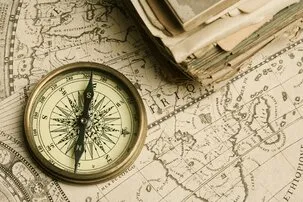A geographer is a professional who studies the Earth's landscapes, environments, and the relationships between people and their environments. Geographers are interested in understanding the spatial patterns and processes that shape the world around us, and they use a variety of tools and techniques to analyze and interpret geographic data.
One of the key areas of focus for geographers is the study of human geography, which explores the ways in which people interact with and impact their surroundings. This may include examining issues such as population distribution, urbanization, economic development, and cultural landscapes. Geographers also study physical geography, which involves the analysis of natural features such as landforms, climate, and ecosystems.
Geographers use a wide range of methods to conduct their research, including fieldwork, remote sensing, geographic information systems (GIS), and spatial analysis. They may also use statistical and mathematical models to analyze geographic data and make predictions about future trends and patterns.
Geographers often work in interdisciplinary teams with professionals from other fields, such as urban planning, environmental science, and economics. They may find employment in a variety of settings, including government agencies, research institutions, non-profit organizations, and private industry.
In addition to conducting research, geographers also play an important role in informing public policy and decision-making. They may provide valuable insights and recommendations to help address issues such as land use planning, natural resource management, and disaster preparedness.
Overall, geographers play a crucial role in helping us to better understand the world in which we live and to address the complex challenges that we face as a global society. Their work contributes to our knowledge of the Earth's systems and helps to inform the development of sustainable and equitable solutions for the future.

